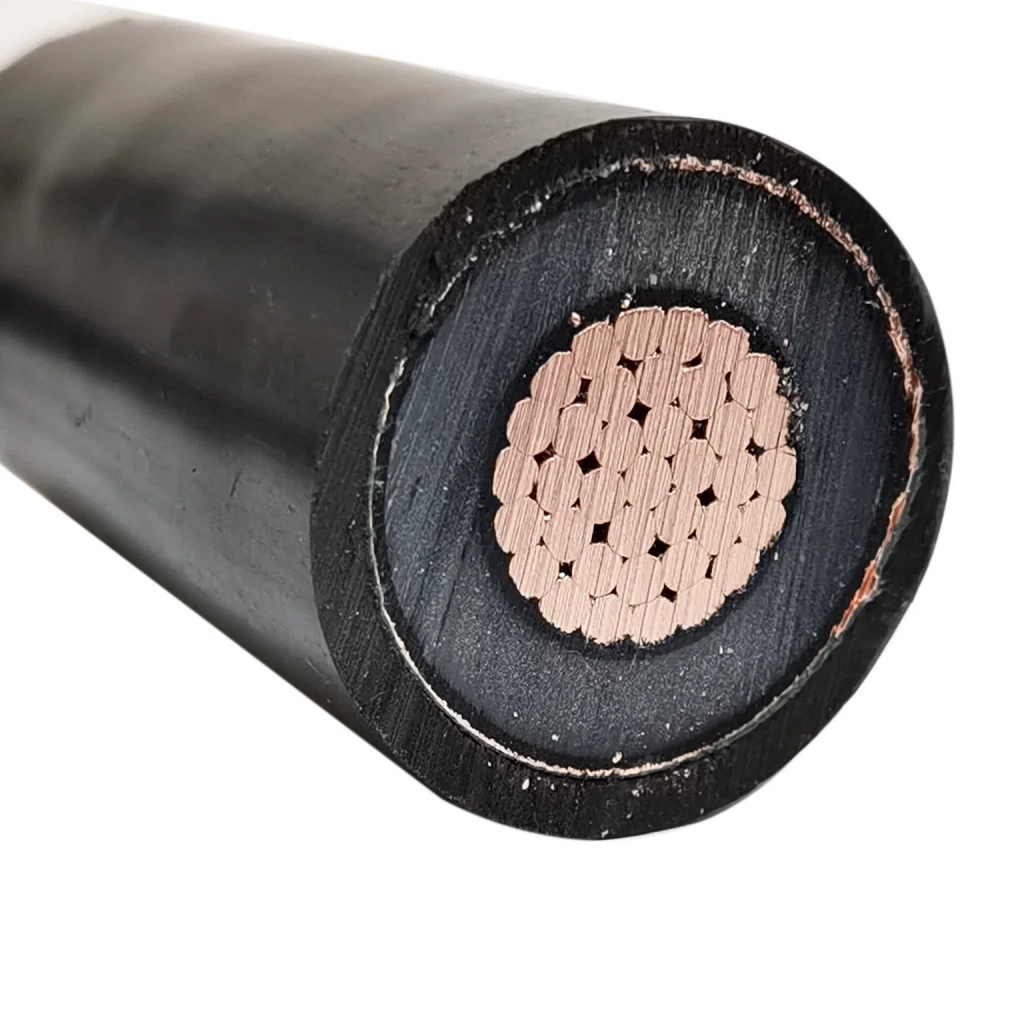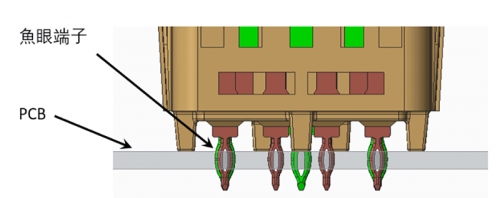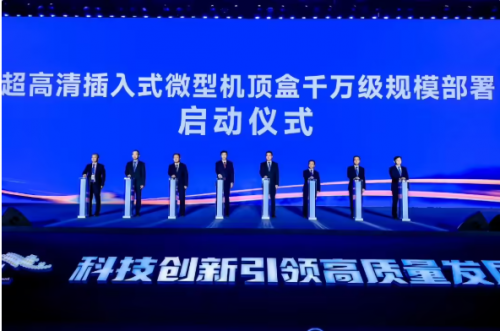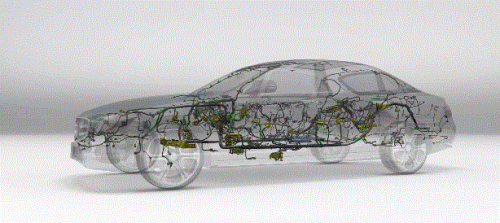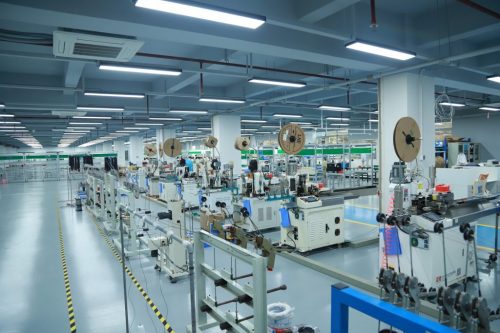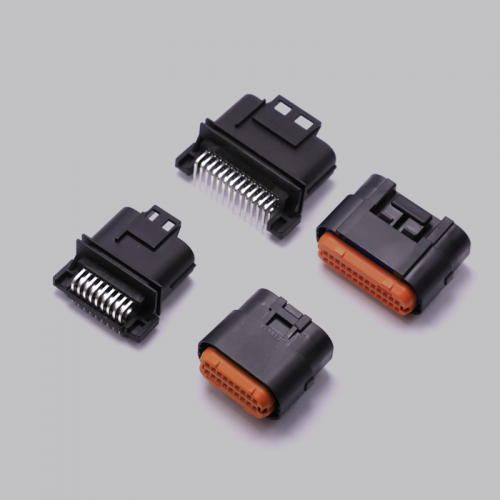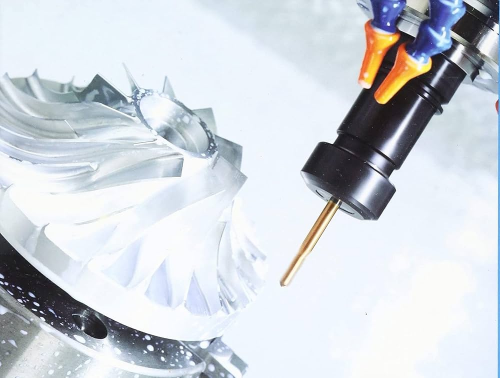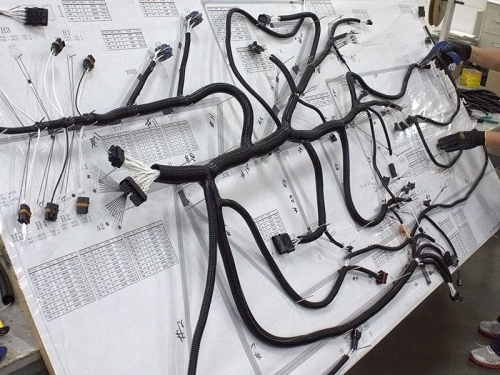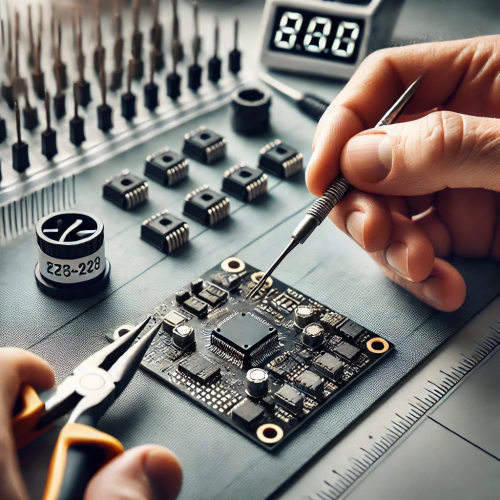Conductive properties
Copper foil conductors are widely used in special cables due to their excellent electrical conductivity. The resistivity of copper is about 1.68 × 10^-8 Ω·m, which is better than aluminum and stainless steel. This makes copper foil wire excellent in specialty cables that require high current transmission. For example, in high-frequency signal cables used in electronic equipment, copper foil wires can effectively reduce signal loss and delay.
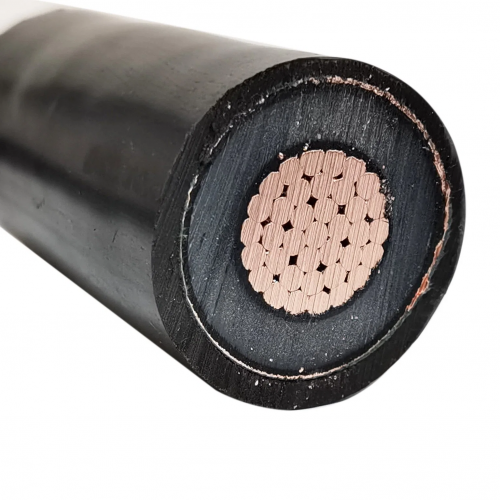
Electromagnetic shielding
Copper foil conductors offer significant advantages in electromagnetic shielding applications. The copper foil layer can effectively shield external electromagnetic interference and prevent signal interference. The thickness of copper foil is usually 0.035mm to 0.1mm, which can provide good shielding effect. In comparison, although aluminum foil is lower in cost, its shielding effect is slightly inferior to copper foil. Special cables such as high-frequency cables in medical equipment and aerospace often use copper foil wire to ensure the stability of data transmission.
Mechanical strength and flexibility
Copper foil wire excels in mechanical strength and flexibility. The ductility of copper allows copper foil wire to withstand high bending and tensile forces without breaking easily. The tensile strength of standard copper foil wire is about 210 MPa. The high flexibility of copper foil wire allows it to be bent and laid freely in small or complex installation environments, avoiding the limitations of traditional conductors in narrow spaces. For example, in aerospace and military applications, copper foil wire can adapt to complex installation paths while maintaining stable performance.
Temperature stability
Copper foil conductors maintain stable performance over a wide temperature range. Copper’s operating temperature range is generally -40°C to +125°C, suitable for a variety of extreme environmental conditions. Compared with aluminum foil or silver-plated conductors, copper foil is more stable in high and low temperature environments, suitable for use in industrial and aerospace applications.
Cost-effectiveness
The cost of copper foil is relatively high, but its performance advantages cannot be ignored in specialty cables. The price of copper foil is about $50 per square meter, while aluminum foil is about $20. Despite the higher cost, the excellent conductivity, electromagnetic shielding ability, high flexibility and mechanical strength of copper foil give it a clear advantage in demanding applications.
In conclusion
Copper foil conductors play an important role in the field of special cables due to their superior electrical conductivity, electromagnetic shielding ability, mechanical strength, high flexibility and temperature stability. The high performance requirements determine the use of copper foil in various high-end applications.
